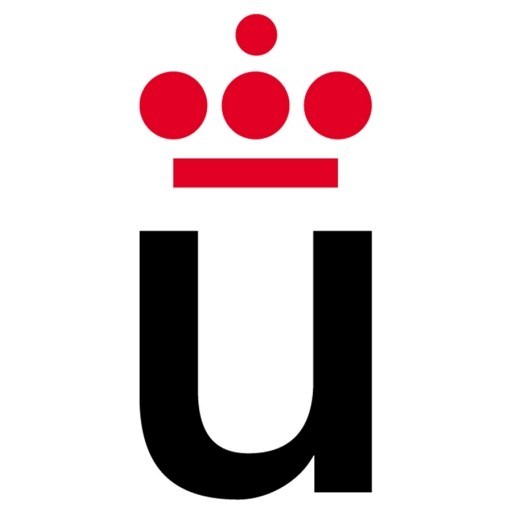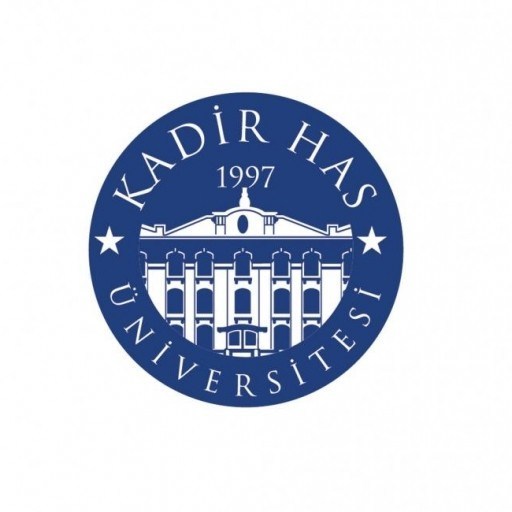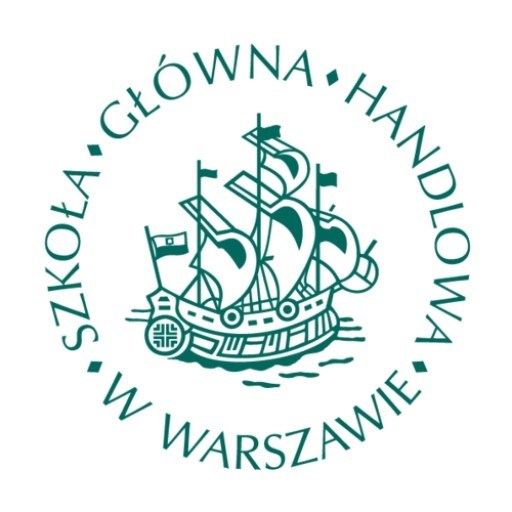Photos of university / #vuamsterdam
The Research Master's Programme Visual Arts, Media and Architecture (VAMA) focuses on the study of current developments in visual arts, architecture, design and media, from a theoretical and historical perspective. In a globalizing cultural world in which art, architecture, design and media are ever more closely integrated and packaged as “creative industries,” disciplinary boundaries need questioning and challenging, yet a thorough grounding in older and newer disciplines such as art history, architectural history and media studies is a prerequisite for doing so.
VAMA is a good option for students who are interested in pursuing a PhD after their MA, but also more in general for students who cherish critical attitude, arrive at original lines of questioning based on a profound knowledge of their research subject, and wish to develop their research skills.
The focus of VAMA is the changing role of art and culture in our ‘mediatised’ and commercialized western society. The emphasis lies on the increasing interaction between the arts, the media and the public and private space, seen from a historical angle. Art and culture have turned into interdisciplinary domains closely related to realms from which they have traditionally – at least since the modern age - maintained a distance: politics, economy, and social reality.
Now that the digital medium – the preferred platform for economic exchange and convergence between culture and entertainment – has become a major means for the documentation, presentation, conservation (archiving) as well as the modernisation of art and culture, we are faced with the urgent question of how these border-crossing developments, at the junction of retention and innovation, can be evaluated, conceptualised and put in a historical perspective.The sights are not only set on current events and the future. The phenomenon of ‘mediatisation’ will be put into a comprehensive historical framework and studied in depth in the light of broad theoretical discourses and specific examples from both the past and the present.
Study programme
The VAMA research Master’s offers a two-year programme and consists of 120 ec (according to the European Community Course Credit Transfer System). While a fixed set of courses are mandatory, there is also plenty of opportunity for students to define an individual trajectory through supervised personal research (tutorials) and the Master’s thesis.
The mandatory package consists of two core courses:
- Imagining the Image- In this course various theoretical and methodological approaches to the image are traced in close connection with historical and contemporary developments in visual culture. Key texts by modern and contemporary authors on visual culture are critically read and discussed, and applied to cases that are relevant to the students’ budding research agendas. The choice of literature and theoretical focus, meanwhile, is set by the teacher on the basis of his or her current research interests.
- Critical Issues in the Cultural Industries - This course focuses on the role and influence of present-day popular culture, or what in the mid-20th century the philosophers Theodor Adorno and Max Horkheimer referred to as the ‘culture industry’. At the dawn of the 21st century, does the culture of the masses still present a threat to High Art, as Adorno and Horkheimer then feared? Or can we redefine the role of the arts and media in this age of globalization and commercialization in a more nuanced fashion? Since this course is taught by different professors, the issues addressed alternate along with the teacher. While in the past the emphasis was on the changes in the institutionalization of the visual arts, currently the focus lies on issues of space, place, and mobility in different cultural practices. Along with the increasing mobility of goods, money, and people and the interconnectedness of cultures through digital media – known as globalization – issues of space and place have been back on the agenda in various disciplines and cultural practices
Three research seminars of 9 ec each (Students choose two out of five seminars, the third is elective):
- Reading Concepts of Intermediality
- Design History and Culture
- Methods of Design Analysis
- Seminar Architecture (annually changing topic on the basis of staff members' research)
- Seminar Visual Art (annually changing topic on the basis of staff members' research)
All Research Master's students of the Faculty of Arts follow the modules Research Design I and II, in which the focus is on research methodology.
Within the research programme, a total of 42 ec can be attributed to courses, electives, research seminars and tutorials of the student's choice (10 ec have to be followed with the national research schools). These courses are subject to the programme coordinator's approval, but allow the student to co-build his own curriculum and to pursue research projects within one (or several) of the research areas of faculty members. These areas include:
- Intermediality, new media, media theory, and (post-)digital art
- Contemporary architecture and urbanism in relation to mobility and globalization
- Contemporary art, between criticality and creative industries
- Design theory and criticism
The Master’s thesis (30 ec) that concludes the programme is a substantial study based on independent academic research, in relation to topical research areas and projects of staff members.
Required level of entry
The research Master's is aimed in particular at the talented student who is exceptionally motivated to train in academic methods in the field of art history, architecture history, visual culture and media studies. To be admitted to VAMA, the student should have at least a Bachelor’s diploma in art, architectural history, media and culture, and have a good grasp of academic English.
Admission and application
Admission is based on a strict selection procedure. The Faculty’s Admission Board will decide upon your admission after having evaluated your complete online application. If you have read the admission criteria below and feel you are eligible for admission, please take the following steps to submit your application. Note that the initial application procedure is fully online and that scans of your relevant documents are required.
Step 1: Meet admission criteria
Step 2: Prepare documents and apply online
Step 3: Await decision on admission
Step 4: Finalize registration and move to Amsterdam!
Step 1: Meet admission criteria
Specific admission requirements for the Research Master’s programme Visual Arts, Media and Architecture: Critical Studies in Arts & Culture
The Research Master's Programme Visual Arts, Media and Architecture (VAMA) concentrates on the study of current developments in visual arts, architecture and media, from a theoretical and historical perspective. In a globalizing cultural world in which art, architecture and media are ever more closely integrated and packaged as “creative industries,” disciplinary boundaries need questioning and challenging, yet a thorough grounding in older and newer disciplines such as art history, architectural history and media studies is a prerequisite for doing so.
The two-year research master's is aimed in particular at the talented student with an academic bachelor's diploma in art, media and culture. VAMA is a good option for students who are interested in pursuing a PhD after their MA, but also more in general for students who cherish critical attitude, arrive at original lines of questioning based on a profound knowledge of their research subject, and wish to develop their research skills.
You must always present official test results proving your proficiency in English. Only students who have completed a full high school/International Baccalaureate in English or bachelor’s degree in Canada, USA, UK, Ireland, New Zealand, or Australia may be exempted. You can already apply online without having the test results. In case you haven’t taken a test yet we advise you to plan a test date as soon as possible. Below you will find the minimum English test scores for the English taught programmes at the Faculty of Humanities:
TOEFL score (score 600 paper based with a minimum of 55 in each of the subtests plus 4.0 in TWE, score 250 computer based or score 100 internet based with a minimum of 20-23 in each of the subtests). IELTS score of 7.0 overall band score (with none of the separate section scores dropping below a minimum score of 6.5).
Cambridge English: Cambridge Proficiency Exam A, B, C, or Cambridge Advanced Exam A, B, C.
Please refer to the language requirement page for the general requirements regarding the English language test.
Step 2: Prepare documents and apply online
Please prepare the following documents. You can find an explanation of each document on the application page. All documents should be provided in English.
- Copy of your valid passport or ID (ID only for EU residents)
- Curriculum Vitae
- Motivation Letter
- Two Letters of Recommendation
- Transcript of records
- Thesis (or another sample of academic writing, at least 5 pages plus a list of used literature)
- A description of the relevant courses you have taken during your previous higher education
- A list of all the main literature used during your previous higher education
After having prepared the required documents, please follow the online application procedure. After you have completed the application, our international student advisors will contact you via email.
Step 3: Await decision on admission
The admission board will review your application as soon as it is complete. Normally this takes about four weeks, but it might take longer in busy periods so be sure to apply as soon as possible. If you gain admission, you will receive a letter of conditional admission by email. You can start planning your move to Amsterdam!
Step 4: Finalize your registration and move to Amsterdam!
Make sure to finalize your registration as a student before the start of the programme. Here you will find an explanation what to do after admission. When all conditions are met you will be ready to start your programme at VU University Amsterdam!
Want to improve your English level for admission?
Prepare for the program requirements with English Online by the British Council.
- ✔️ Flexible study schedule
- ✔️ Experienced teachers
- ✔️ Certificate upon completion
📘 Recommended for students with an IELTS level of 6.0 or below.
Payment of tuition fees
- You must pay the tuition fee before 1 September in order to complete your enrolment.
- If you cancel your enrolment before the starting date, then you do not have to pay the tuition fee. Any existing direct debit authorization will be cancelled automatically.
- Whether you can change your payment details after you have filled these in on Studielink depends on the status of your payment. If it is not possible to change your payment details anymore in Studielink, please contact the Central Student Desk.
- If you are from a country from outside the SEPA area, please select the country of your bank in Studielink. You will find additional information beneath the heading 'Information from the educational institution' on how to complete your payment of tuition fees. Payment through institution
If you are from a country inside the SEPA area, please select the country of your bank in Studielink. Select your payment method and whether you pay yourself or someone else is paying (if possible). Payment in instalments is only possible when choosing Digital authorization as a payment method; when choosing this payment method you also are required to fill in your payment details. Enter these details and select Confirm. If you do not want to fill in your payment details and you are paying by transfer or with a scholarship, you do not have to fill in these details. In this case just ignore the action ‘Enter your payment details’ in your To do list.
You can pay the tuition fee in four ways:
- By bank transfer: you must pay the whole amount of tuition fees at once.
Under 'Pay tuition fees' in Studielink, please select 'Via institution of higher education'.
- By direct debit authorization: you can pay in one or five instalments.
Under 'Pay tuition fees' in Studielink, please select 'Digital authorization’.
- By debit card (PIN) at the Central Student Desk (no credit cards): you must pay the whole amount at once.
Under 'Pay tuition fees' in Studielink, please select ‘Via institution of higher education’.
- By Bewijs Betaald Collegegeld (BBC): a declaration from another educational institute that states that you have already paid your tuition fee there.
Under 'Pay tuition fees' in Studielink, please select 'Via institution of higher education’.










